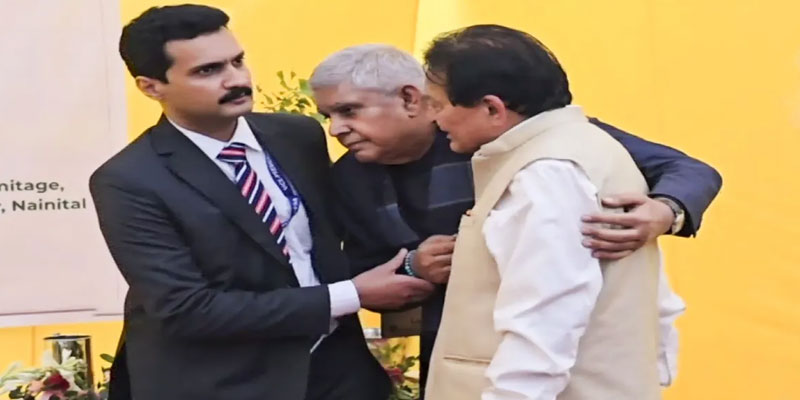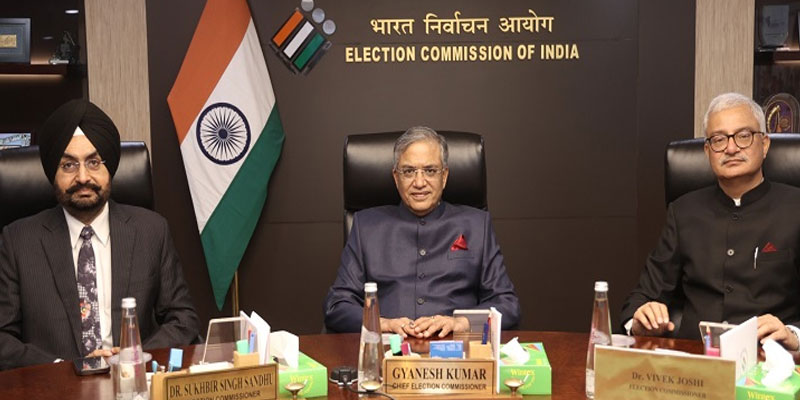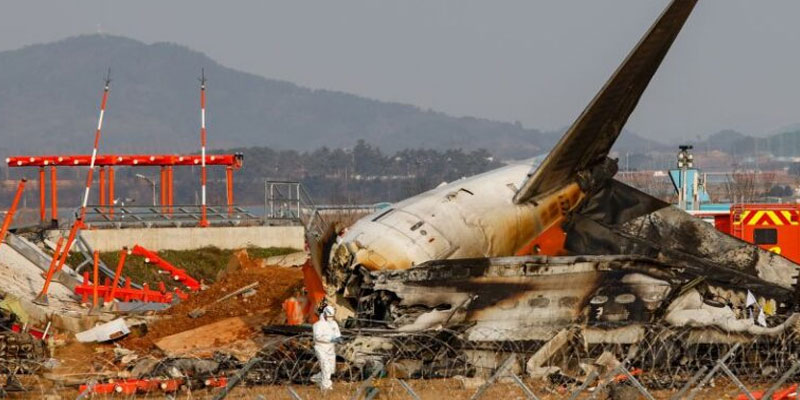A High-Ranking IRS Officer Under Fire
The Central Bureau of Investigation (CBI) has uncovered a massive web of alleged corruption involving senior Indian Revenue Service (IRS) officer Amit Kumar Singal. Raids conducted across Delhi, Mumbai, and Punjab have revealed cash, gold, silver, and documents worth over ₹3.5 crore, exposing what appears to be a deeply rooted abuse of power.
Singal, a 2007-batch IRS officer, was posted as Additional Director General at the Directorate of Taxpayer Services in Delhi—a strategic post that handles sensitive tax matters. His arrest has not only stunned the bureaucracy but also reignited calls for accountability at the highest levels of the revenue department.
The Man Behind the Desk: Who is Amit Kumar Singal?
Known for holding influential positions within the Income Tax Department, Dr. Amit Kumar Singal was considered a rising star in bureaucratic circles. As Additional Director General, he was responsible for taxpayer outreach and grievance redressal—ironically, the very office expected to uphold transparency and fairness.
But behind this professional image, the CBI alleges, lay a nexus of corruption. The case began to unravel when a complaint reached investigators about an attempt to solicit a bribe from a businessman under the guise of resolving an income tax notice.
The Bribery Trap: How CBI Caught Singal Red-Handed
The CBI sprang into action following a formal complaint from Sanam Kapoor, the owner of popular food chain La Pino’z Pizza. Kapoor alleged that Singal had demanded a ₹45 lakh bribe to "settle" a tax notice against him.
In a textbook sting operation, the CBI laid a trap. On Saturday, Harsh Kotak, an alleged associate of Singal, was caught accepting ₹25 lakh—the first instalment of the bribe—in Mohali. The evidence was damning, and the operation quickly escalated.
Soon after, CBI teams raided Singal’s properties across three states. What they found shocked even seasoned investigators.
Lavish Wealth Unearthed Across Cities
The coordinated CBI raids yielded a treasure trove of illicit wealth:
· Over ₹1 crore in cash
· 3.5 kilograms of gold
· 2 kilograms of silver
· Documents linked to 25 bank accounts
· Property papers indicating extensive real estate holdings in Delhi, Mumbai, and Punjab
· A personal bank locker, now under scrutiny
The scale and spread of Singal’s assets have raised serious questions about systemic corruption and lack of checks in India’s tax enforcement architecture.
Court Proceedings and Legal Standpoint
Singal and Kotak were presented before a Special CBI Court in Chandigarh on Sunday. Judicial Magistrate First Class (JMIC) Ambika Sharma ordered 14 days of judicial custody for both accused.
The case has been registered under Section 61(2) of the Bharatiya Nyaya Sanhita (BNS), 2023, and Section 7 of the Prevention of Corruption Act, 1988 (amended in 2018), both of which deal with the criminal solicitation and acceptance of bribes by public officials.
The CBI has told the court that further investigation is underway to assess whether this is an isolated incident or part of a larger corruption network involving coercion and manipulation of taxpayers.
Implications for the Revenue Department
This scandal has sparked widespread debate in bureaucratic and political circles. Holding a high-trust position, Singal’s role meant direct access to confidential taxpayer data and discretionary powers. His arrest has undermined public faith in the tax grievance system and raised alarms about the unchecked power wielded by senior tax officers.
It also reinforces the urgent need for independent audits, regular vigilance checks, and a robust whistle-blower framework within India’s tax machinery.
A Wake-Up Call for Governance
The arrest of IRS officer Amit Kumar Singal marks more than a personal downfall—it serves as a critical wake-up call for India’s enforcement and regulatory institutions. The credibility of the revenue system depends not just on robust laws, but also on ethical conduct at every level.
If India is to build a transparent governance framework, anti-corruption measures must extend beyond optics. The case against Singal must be seen to its logical end—not just as a punishment for an individual, but as a precedent for systemic reform.
(With agency inputs)






















